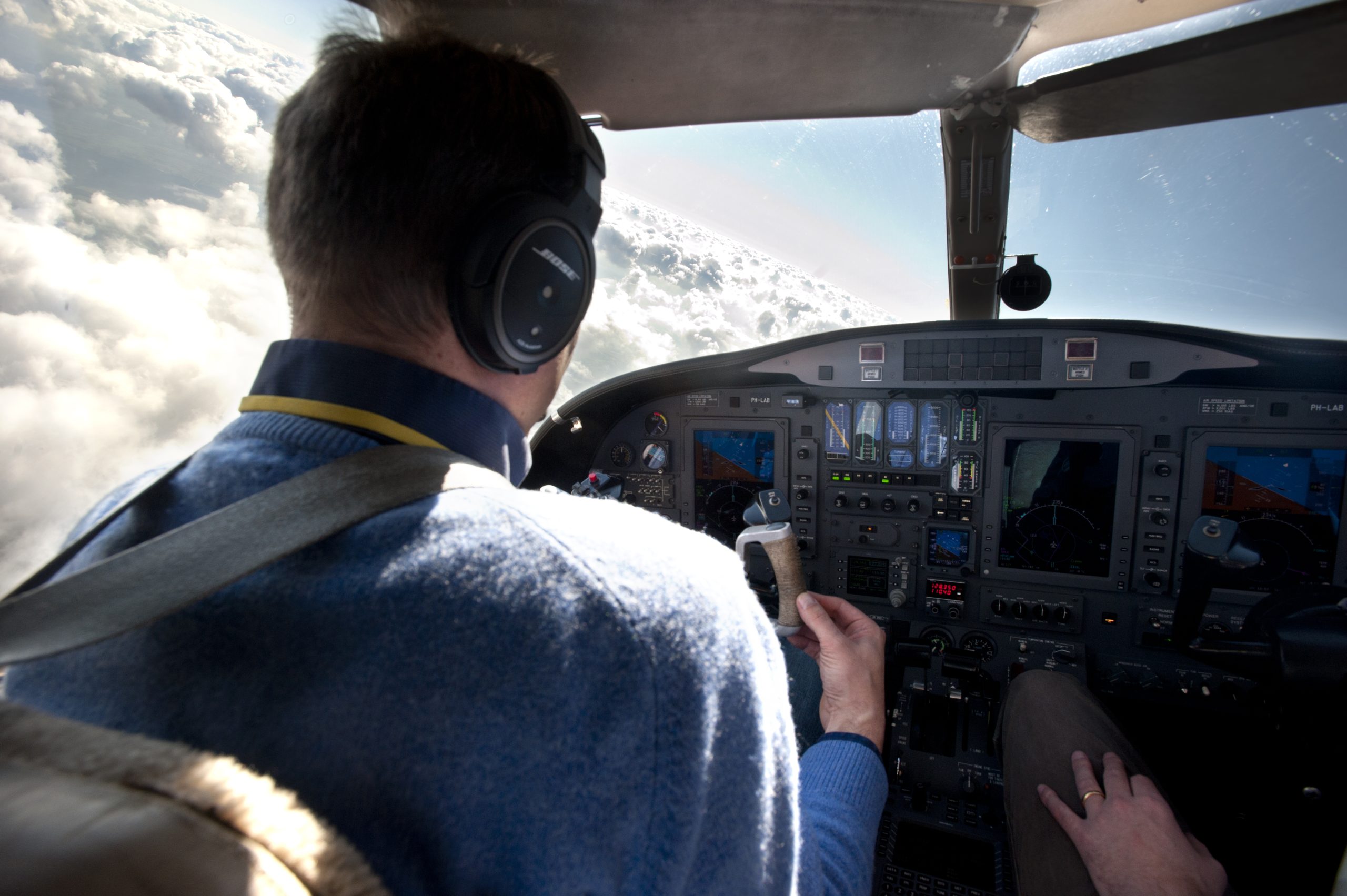On 4 October 1992, El Al Flight 1862 crashed into an 11 floor apartment block in Amsterdam. Now, 25 years later, lessons are still being learned from this disaster.
El Al Flight 1862 is heading north with an airspeed of 260 knots. The pilot is asked to accelerate to 270 knots and to change course to 90 degrees. Then suddenly disaster strikes. The aircraft loses two starboard engines, they simply break off, and the plane suffers hydraulic failures.
In 1992, this scenario proved deadly for the pilots of the El Al cargo aircraft and for dozens of people in the apartment block the plane crashed into. But in the SIMONA Research Simulator in Delft, test pilots make it back safely to the airport again and again.
For many years, scientists believed the damaged Boeing 747 could never have made it back to the airport for an emergency landing, that this was technically impossible. Delft researchers, Dr Bob Mulder and Dr Qiping Chu of the Department of Control and Operations (AE faculty), together with colleagues from the National Aerospace Laboratory (NLR) and NASA showed otherwise.
The researchers developed a so-called intelligent flight control system which uses the remaining physical capability of the aircraft. They described their findings last year in the Journal of Guidance, Control and Dynamics.
After the successful tests in the SIMONA simulator, the scientists fitted their Cessna research airplane with fly-by-wire which allows an on-board computer to take over the controls. Tests that were only possible in flight simulators could now be carried out in the air. The engines obviously didn’t actually fall off, but the software that controls the aircraft thought that they had. And here too, the newly developed system proved to be ‘life-saving’.
So how does this system work? Imagine that a rudder stops working; with intelligent flight control you might still steer the aircraft by giving one engine more power than the other. “In short,” says Mulder, “the software adapts to a new type of flight model.”
What is next? When will all airplanes be equipped with an intelligent flight control system? Unfortunately, Peter van der Geest of the NLR doesn’t expect this to happen any time soon. “Not within ten years,” he told the newspaper Het Parool. “Computers on today’s airplanes do not have enough calculating power to cope with this software. The next generation airplanes will.”



Comments are closed.